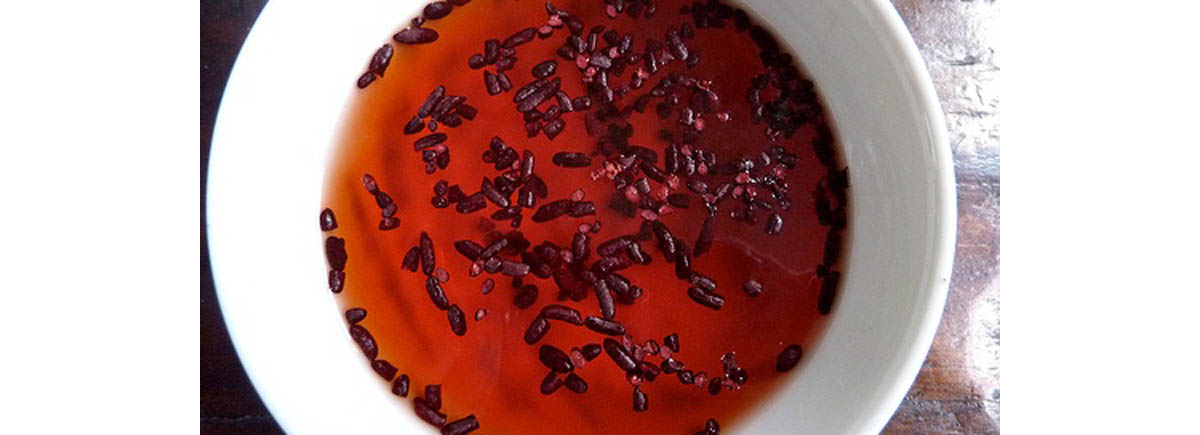Table of Contents
Some natural health experts oppose the use of statin drugs, such as Lipitor and Torvast (atorvastatin), Lescol (fluvastatin), Mevacor and Altoprev (lovastatin), Livalo and Pitava (pitavastain), Lipostat and Pravachol (pravastatin), Zocor and Lipex (simvastatin),and Crestor (rosuvastatin), while endorsing the use of red yeast rice.

To me, that's a cop out. Red yeast rice contains naturally occurring lovastatin, the same chemical that is found in Altoprev and Mevacor. If you use red yeast rice, you might as well use a statin drug. The statin drug will be less expensive. But there are other situations in which using a prescription statin drug actually makes sense, even if you don't need to lower your cholesterol.
1. You suffer from the condition of chronic chest pain called angina.
Angina is caused by poor circulation to and from the heart. In many but not all cases, this poor circulation is caused by hardening of the arteries. Taking a statin drug won't open up your arteries, but it may keep a cholesterol plaque from bursting and causing a clot that causes a heart attack.
2. You have recently had a heart attack.
Let's face it. By the time you have had heart attack, the natural prevention ship has sailed. The purpose of taking a statin medication after you have had a heart attack is to reduce the risk that you will have a second one, by helping untreated cholesterol plaques stay stable.
3. You have been told you have multiple "clogs" in the same artery.
If you have coronary arteries that are severely occluded by atherosclerosis, chances are that your cardiologist will propose opening them with either stents or bypass. Not every "clog," unfortunately, can be opened surgically. Sometimes the area simply can't be treated surgically, and a combination of anti-inflammatory drugs, including a statin drug, is the best treatment.
4. You have been diagnosed with a transient ischemic attack (TIA).
A transient ischemic attack or mini-stroke typically doesn't cause damage, but it also is typically accompanied by an undiagnosed stroke that does. Statin drugs reduce the risk of further inflammation in the brain that can lead to a full-blown stroke or series of TIA's.
5. You have been treated for atherosclerosis with percutaneous coronary intervention, the implantation of stents.
Stents are coils of metal wire that keep arteries open. The downside to treatment with stents is restenosis, causing impaired circulation to be a problem again in few a months to a few years. Statin drugs reduce the inflammation that may lead to the formation of clots that block the stents, sometimes with catastrophic consequences.
6. Your doctors have located an aneurysm anywhere in your body.
An aneurysm is a potential "blow out" of a blood vessel that can have catastrophic consequences. Unless your aneurysm is completely calcified, you will almost certainly be given statin drugs to prevent further inflammation, especially if the aneurysm is in your heart or brain.
7. Your parents or grandparents suffered from a condition called multiple-infarct dementia and your doctor believes you may be at risk.
Alzheimer's still is the leading cause of the tragic condition known as senile dementia, but multiple-infarct dementia, loss of mental function caused by multiple sites of tissue death throughout the brain, is nearly as common. Statin drugs may slow the course of multiple-infarct dementia, sometimes even reversing it.
The bottom line is, if you are already sick, you may need statin medications. All of the objections of the natural health gurus about the potential side effects of statin drugs, however, still hold.
If you take a statin medication, you may be at greater risk for memory loss. See your doctor about adjusting your dose if you discover (or you are told) you are becoming forgetful.
Statin drugs work by changing the way the liver makes cholesterol. Liver tissue damage sometimes results. If you take statin drugs, you will need to have your liver enzymes tested every time you have a checkup (at least twice a year).
And statin drugs can deplete the body's supply of the energy storage molecule coenzyme Q10. If you take statins, you may find you have a lot more energy and stamina if you take a co-Q10 supplement.
For all their very real downside, however, sometimes a statin medication is simply necessary. Take with caution, but get the full benefits of the medication your doctor recommends.
- Devaraj S, Rogers J, Jialal I. Statins and biomarkers of inflammation. Curr Atheroscler Rep. 2007 Jan. 9(1):33-41
- Raux M, Cochennec F, Becquemin JP. Statin therapy is associated with aneurysm sac regression after endovascular aortic repair.J Vasc Surg. 2012 Jun. 55(6):1587-92. Epub 2012 Mar 28
- Photo courtesy of gatiuss on Flickr: www.flickr.com/photos/gatiuss/5223834995
- Photo courtesy of kattebelletje on Flickr: www.flickr.com/photos/kattebelletje/5164362745


Your thoughts on this